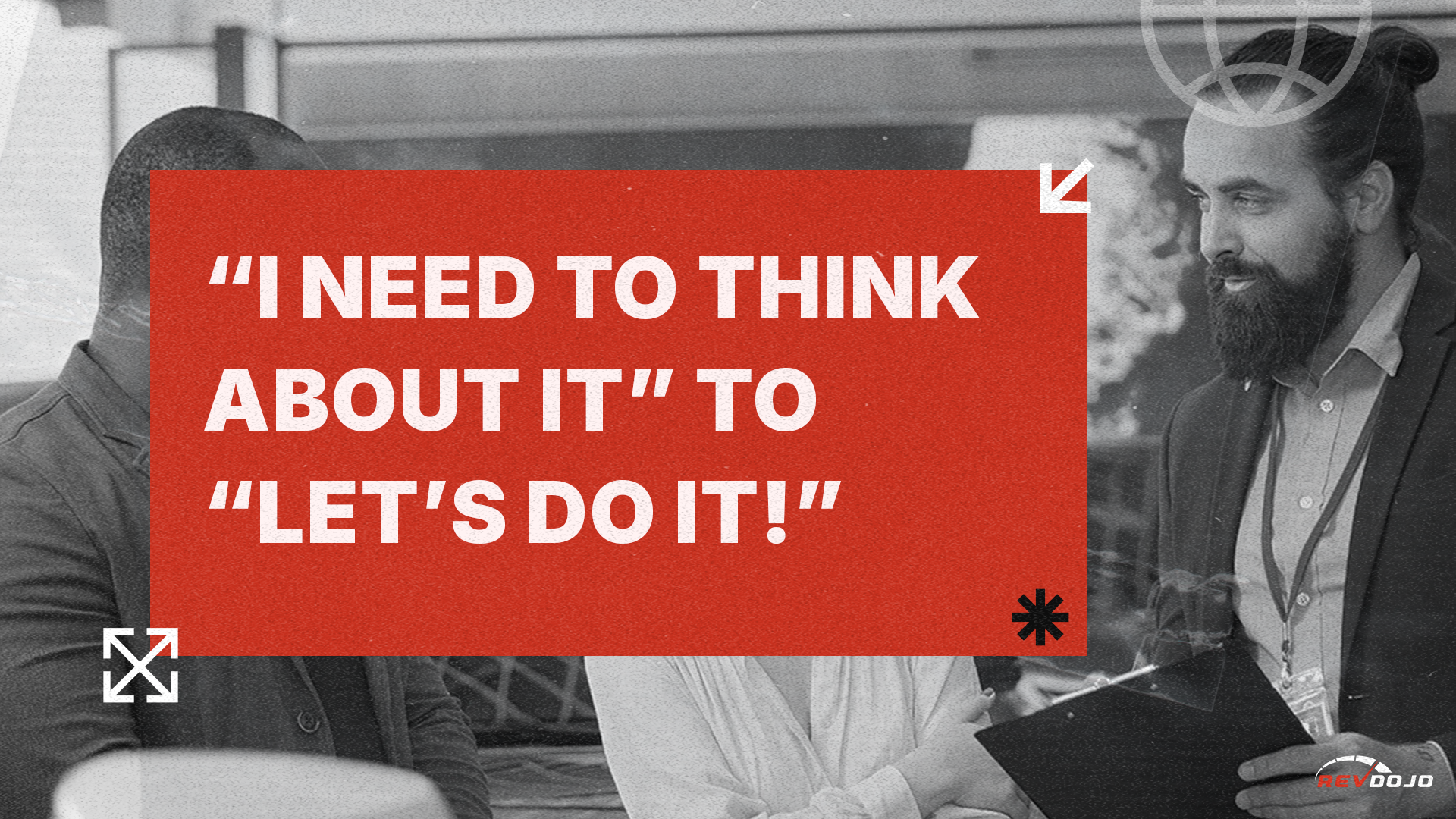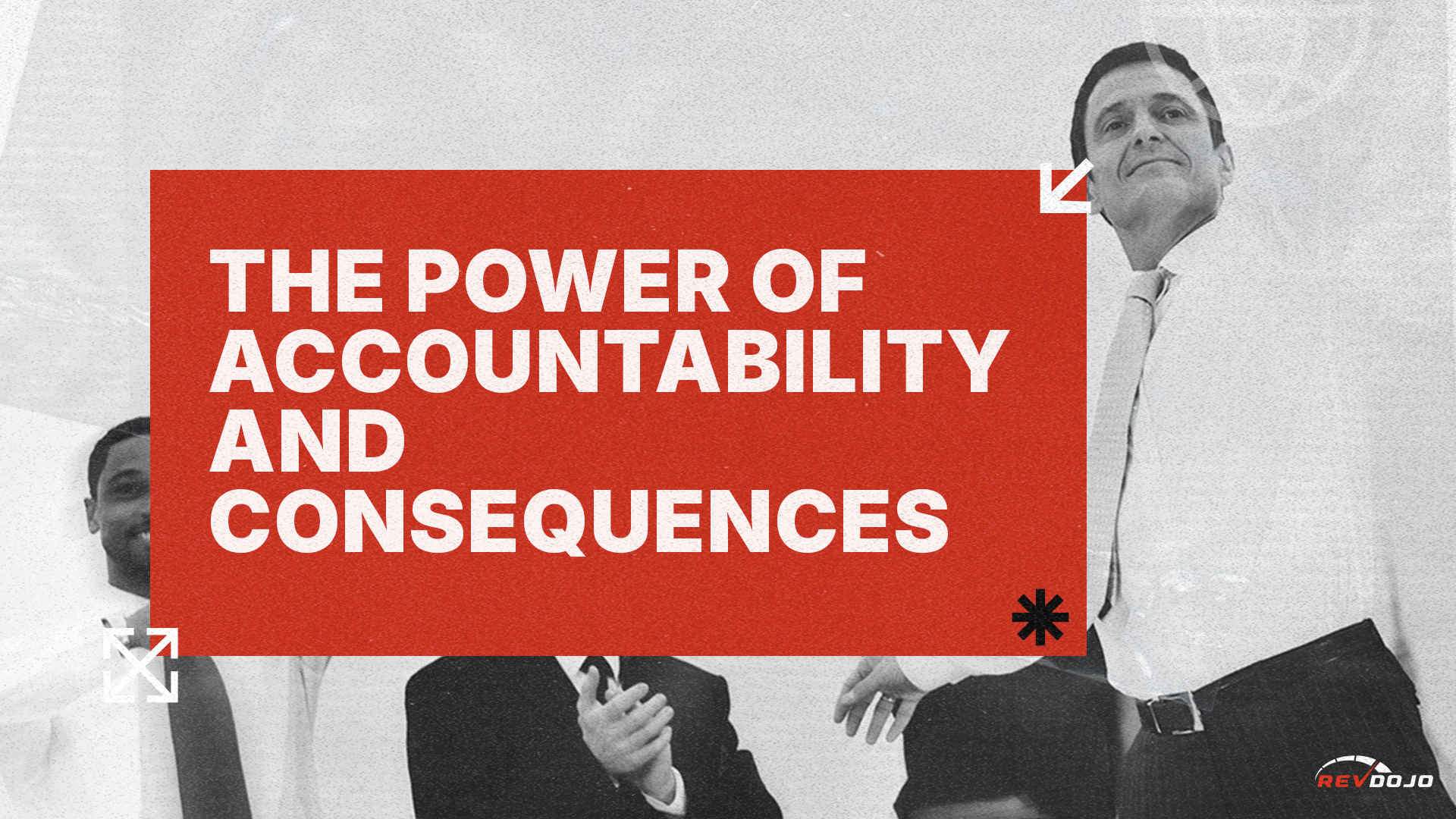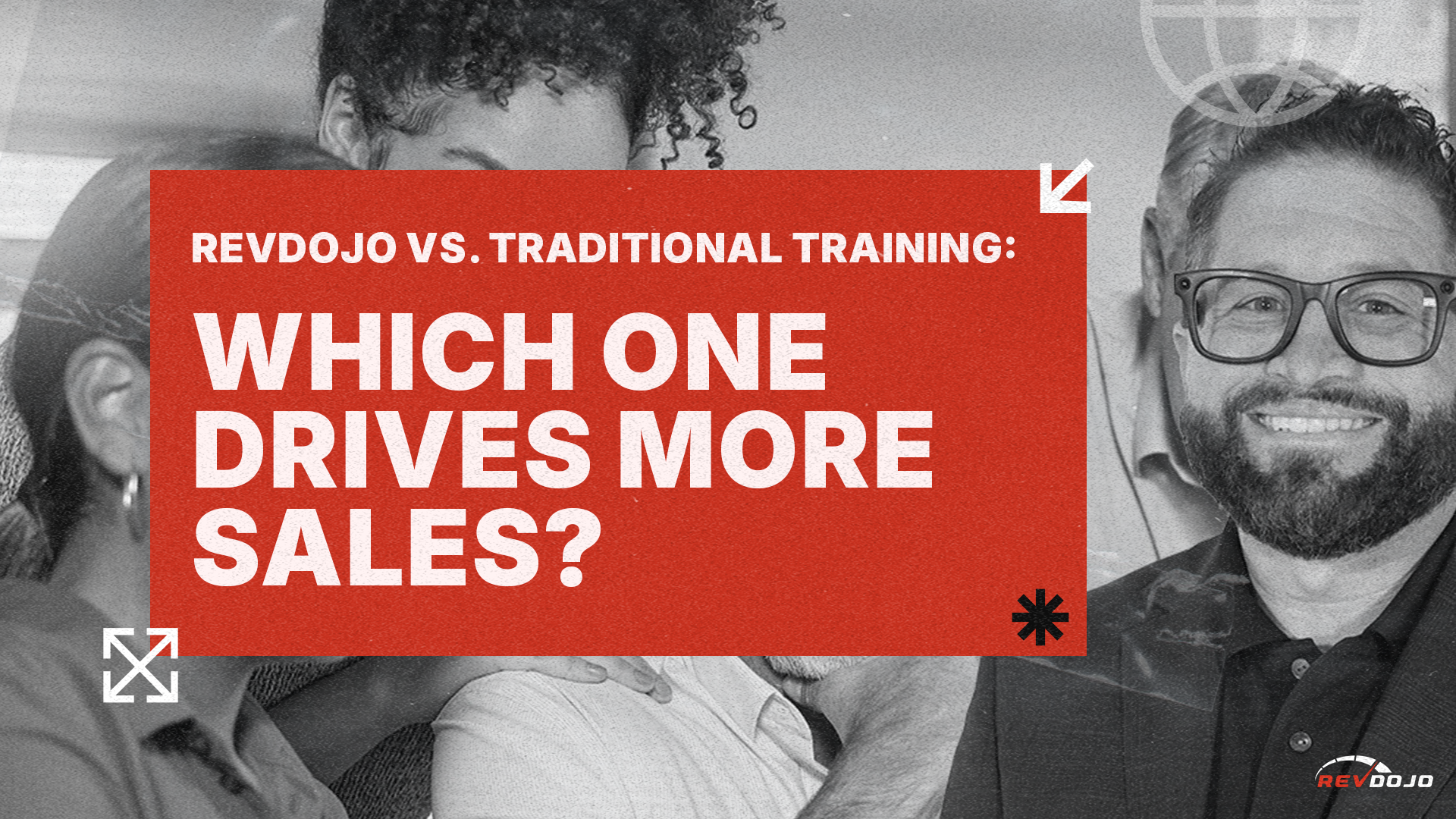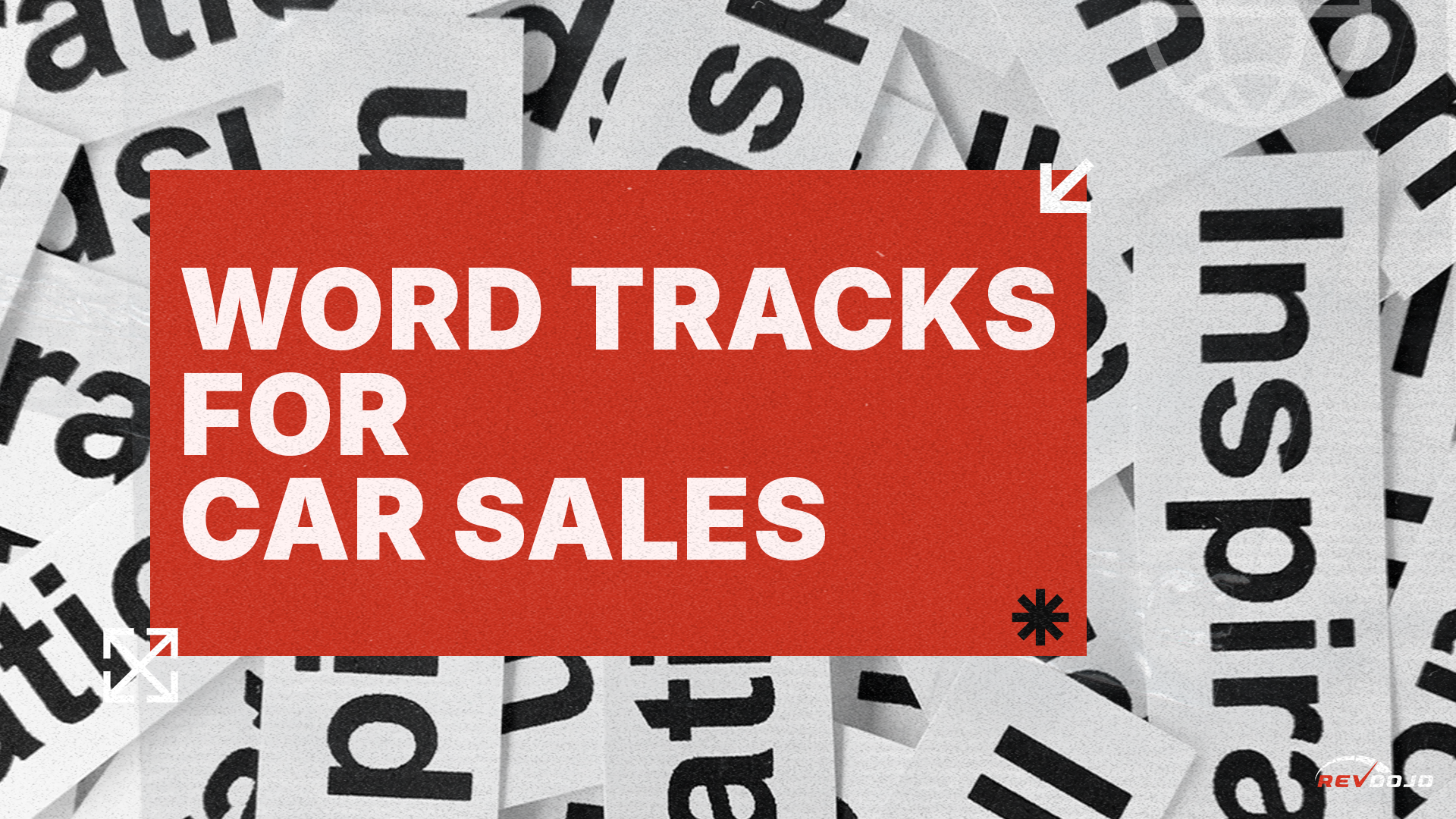Published 28 Aug 2023
Stop Doing This on Sales Calls: What Not to Do
VOTD
Video of the day
car sales training
sell more cars
Automotive Sales Training
Dealership Training
How to sell more cars
How to sell cars at a dealership
car salesman
car sales tips
how to sell cars
selling cars
sales training
car sales tricks
sell 30+ cars a month
Stop Doing This on Sales Calls: What Not to Do
Sales calls can be challenging, but knowing what not to do can significantly improve your success rate. Let's dive into the key aspects you should avoid during your sales conversations:
Neglecting Proper Research
One of the gravest mistakes you can make on a sales call is showing up unprepared. Failing to research your prospect's business, needs, and pain points can lead to a generic pitch that falls flat. Always invest time in understanding your potential client's background and requirements to tailor your pitch accordingly.
Overwhelming with Jargon
Using industry jargon and technical terms might seem impressive, but it often confuses and alienates potential clients. Your goal is to simplify your message and make it relatable. Speak in clear, concise language that your prospect can easily grasp.
Talking More Than Listening
A common misconception in sales is that the more you talk, the better your chances of persuading the client. However, a successful sales call involves active listening. Let your prospects speak about their challenges and objectives. This not only builds rapport but also helps you tailor your pitch to their specific needs.
Pushing Instead of Guiding
Aggressive sales tactics can be a significant turnoff. Instead of pushing your product or service onto the prospect, focus on guiding them through their decision-making process. Provide valuable insights and let them come to the conclusion that your offering is the solution they need.
Ignoring Rejections
Rejections are a natural part of sales. However, ignoring a prospect's objections or brushing them off can damage your credibility. Address complaints respectfully and offer solutions that address their concerns.
Failing to Follow Up
The fortune is in the follow-up. You are neglecting to follow up after an initial sales call can cost you valuable opportunities. Craft a personalized follow-up strategy to stay on your prospect's radar and nurture the relationship.
Not Admitting Mistakes
No one is perfect, and pretending otherwise can harm your reputation. If you make a mistake or don't have an answer, admit it. Honesty and transparency go a long way in building trust with potential clients.
Pressuring for Immediate Decisions
Urgency is essential, but pressuring your prospect into an immediate decision can backfire. Give them the time they need to evaluate your proposal and make an informed choice.
Disregarding Non-Verbal Cues
Communication is not just about words; it's also about non-verbal cues. Pay attention to your prospect's tone, pauses, and overall demeanor. These cues can provide valuable insights into their level of interest.
Forgetting the Follow-Up Plan
Closing a sale doesn't mean the end of the process. Failing to have a solid follow-up plan can result in a lost opportunity. Outline the next steps clearly to keep the momentum going.
FAQs
What should I do if a prospect raises an objection during a sales call?
Address objections empathetically and provide relevant solutions. Avoid being defensive, and focus on understanding their concerns.
Is it okay to share personal anecdotes during a sales call?
Yes, sharing relevant personal anecdotes can add a human touch to your pitch. However, keep them concise and related to the prospect's needs.
How can I handle a prospect who is not responsive during the call?
If a prospect seems disengaged, try asking open-ended questions to spark their interest. If they remain unresponsive, respect their time and offer to follow up at a more convenient moment.
Should I send a thank-you email after a sales call?
Absolutely. Sending a thank-you email shows professionalism and appreciation. It's also an opportunity to reiterate key points discussed during the call.
Can I use humor during a sales call?
Using humor can be effective, but it's important to gauge the prospect's personality and preferences. Avoid controversial or potentially offensive jokes.
What's the best way to handle silence on a sales call?
Silence can be uncomfortable, but don't rush to fill it. Give your prospect a moment to gather their thoughts. They might be considering your proposal or formulating questions.
Conclusion
In the competitive landscape of sales, avoiding common pitfalls can set you apart as a skilled and respectful sales professional. By steering clear of the mistakes discussed in this article, you can enhance your sales approach, foster positive relationships with prospects, and increase your chances of closing deals. Remember, a successful sales call is a combination of effective communication, active listening, and genuine empathy.
All blog posts

From 'I Need to Think About It' to 'Let’s Do It

From Showroom to Sold: The Psychology of Nurturing Car Sales Leads

The Role of Customer Experience in Closing More Automotive Sales

Top-Rated Automotive Internet Sales Training for Dealership Teams

Why Dealerships With Good Car Inventory Win (And How to Make Sure Yours Does)

Driving Sales Success: The Power of Accountability and Consequences in Automotive Sales Training

Top 10 Automotive Sales Tips to Turn Cold Leads into Hot Prospects

From Rookie to Rockstar: How RevDojo Transforms Car Sales Careers

RevDojo vs. Traditional Training: Which One Drives More Sales?

Word Tracks for Car Sales: Close More Deals in Less Time
RevDojo is the all-in-one solution for automotive businesses looking to thrive in today's competitive market.
© 2024 Revdojo. All rights reserved.